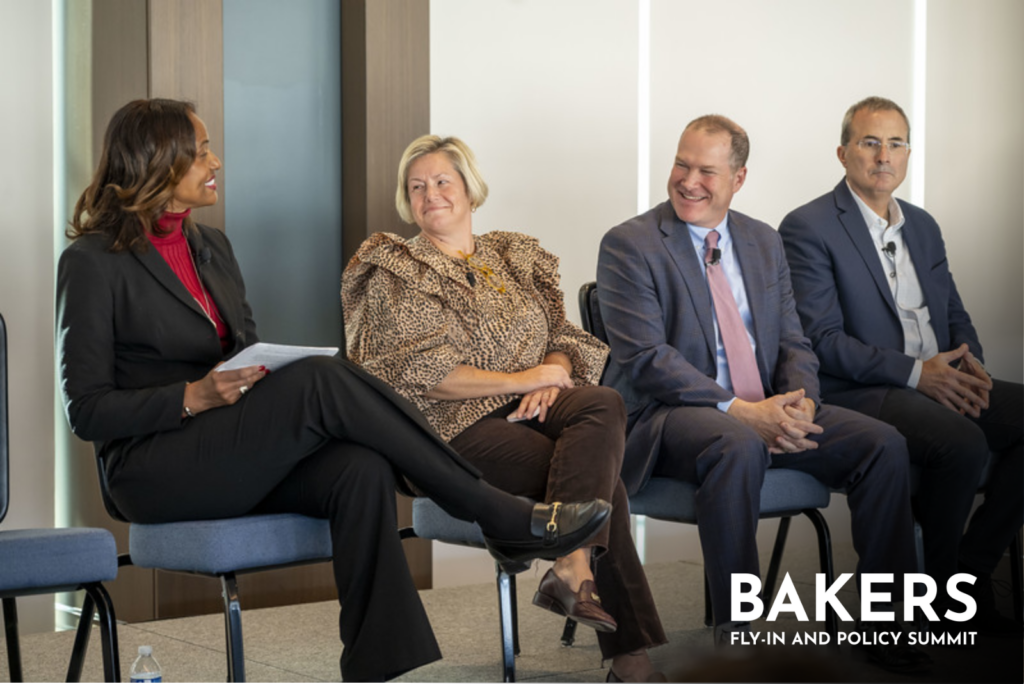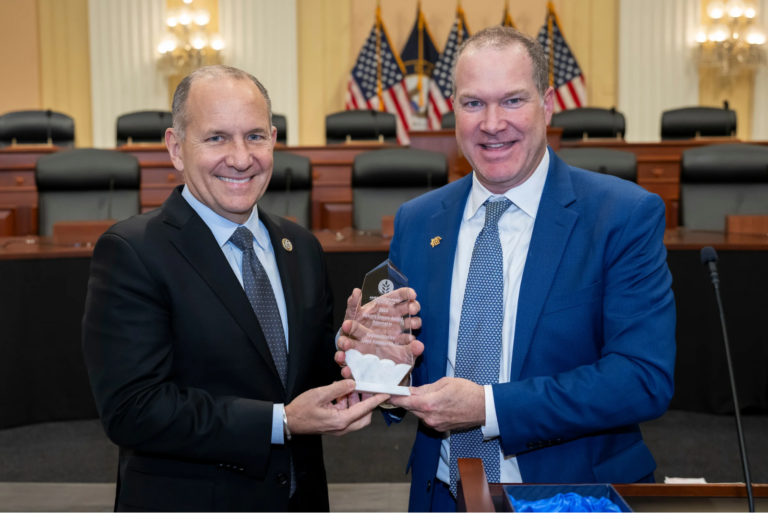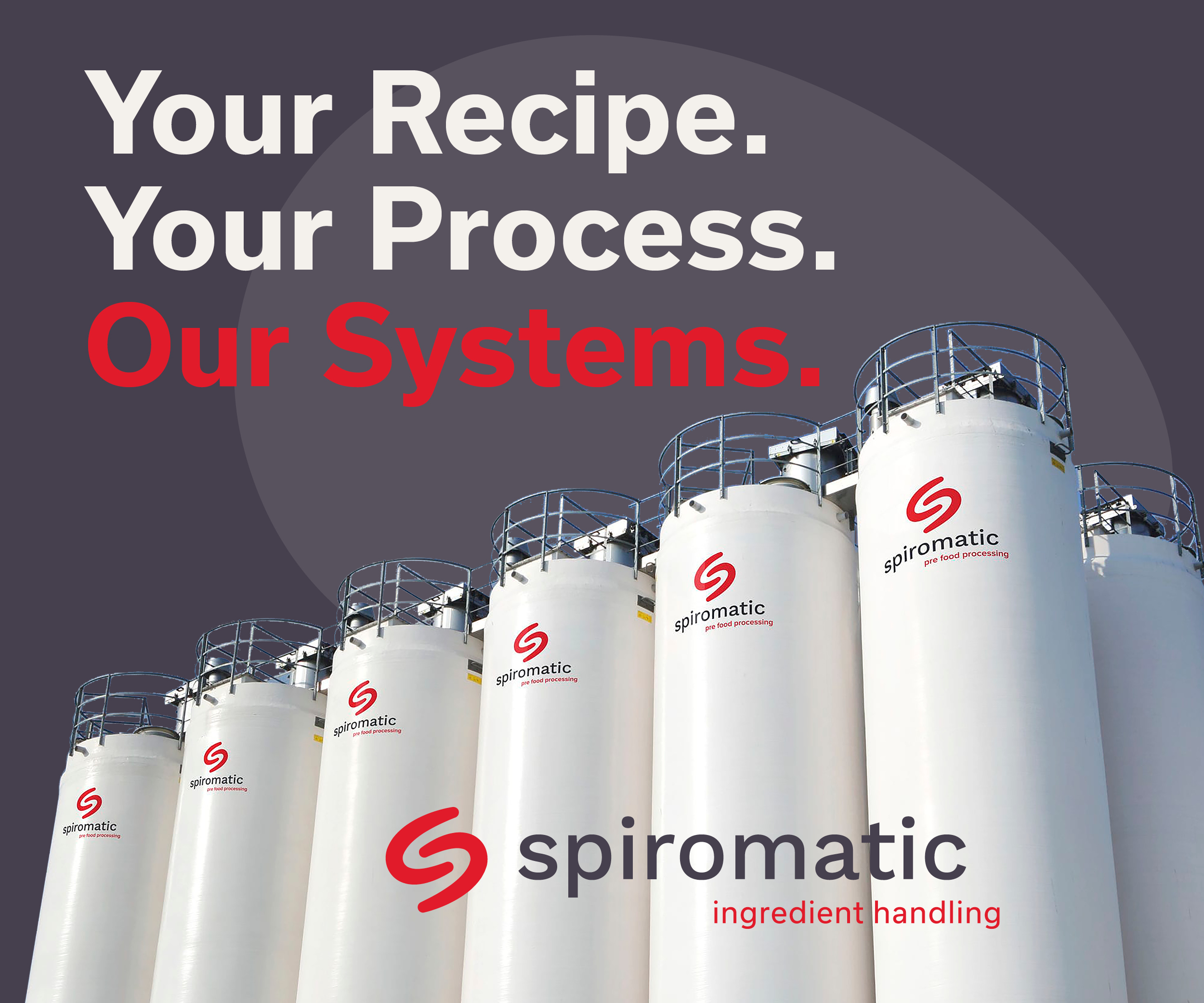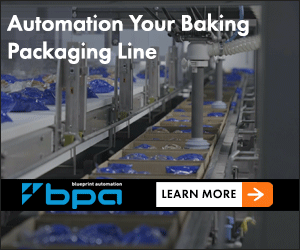WASHINGTON, DC — During the Bakers Fly-In and Policy Summit, hosted by the American Bakers Association (ABA) in partnership with the American Society of Baking (ASB) and the Retail Bakers of America (RBA) Nov. 13-15 in Washington DC, the Washington C-Suite Roundtable addressed some of the most pressing issues currently facing the baking, manufacturing and CPG industries.
Moderated by Tonya Muse, a consultant with Heidrick & Struggles, the panel included Erin Streeter, executive VP of the National Association of Manufacturers (NAM); Eric Dell, president and CEO of ABA; and David Chavern, president and CEO of the Consumer Brands Association (CBA).
One issue the panel discussed was how, in an era of heightened awareness for health and wellness, commercially produced foods are often vilified in the public eye. Specifically, the term “ultra-processed” has made its way into the American lexicon, and it could impact the regulatory view of what constitutes a healthy product.











